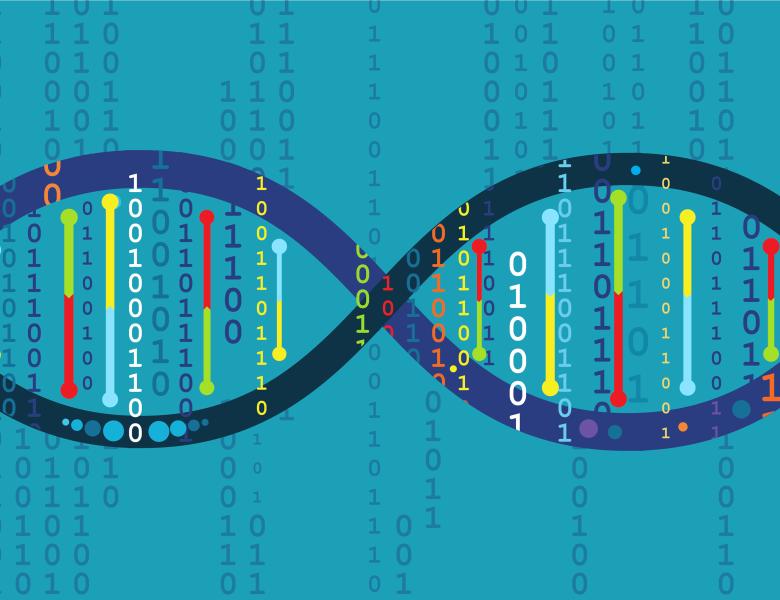
Abstract
Twelve years ago, biologists developed the repertoire sequencing technology (Rep-seq) that samples millions out of a billion constantly changing antibodies (or immunoglobulins) circulating in each of us. Repertoire sequencing represented a paradigm shift as compared to the previous “one-antibody-at-a-time” approaches, raised novel algorithmic, statistical, information theory, and machine learning challenges, and led to the emergence of computational immunogenomics. In addition to that, recent improvements of whole genome sequencing (WGS) technologies and assembly methods have resulted in nearly complete assemblies of germline immunoglobulin loci for various vertebrate species. Together, Rep-Seq and WGS opened new avenues for studying adaptive immune systems. In this talk, I will describe our recent immunogenomics work on finding disease-specific features of antibody repertoires in humans and non-human species using Rep-Seq and WGS data.


